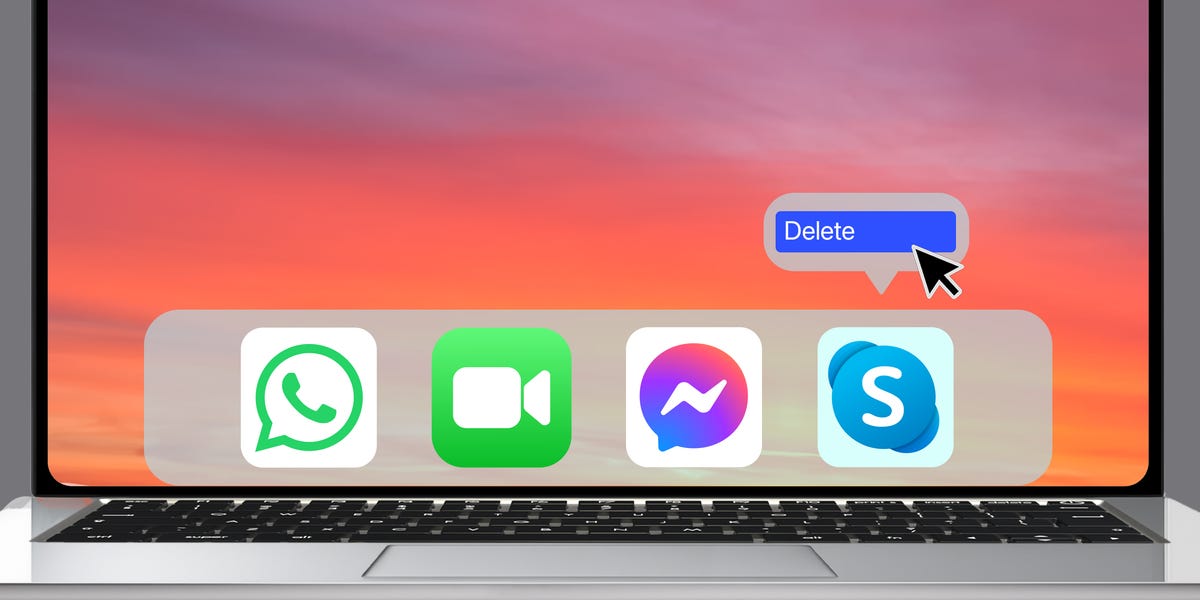The End of an Era: Skype's Silent Fade from Digital Prominence

In the ever-evolving landscape of digital communication, Microsoft has pulled the plug on Skype, a once-revolutionary video chat application that fundamentally transformed how people connect across the globe. As the platform prepares to bid farewell, it leaves behind a dramatically different technological ecosystem than the one it originally pioneered.
When Skype first emerged, it was nothing short of magical—a groundbreaking tool that allowed people to see and speak with loved ones oceans away, bridging distances that once seemed insurmountable. Its innovative video calling technology democratized international communication, making long-distance conversations not just possible, but remarkably intimate and accessible.
Today's communication landscape, however, looks radically different. Platforms like Zoom, Microsoft Teams, WhatsApp, and FaceTime have not just inherited Skype's legacy but have dramatically expanded upon its foundational concept. These newer applications offer more sophisticated features, seamless integration, and enhanced user experiences that would have seemed like science fiction when Skype first launched.
The platform's shutdown represents more than just the end of an application; it symbolizes a profound technological transformation. What was once revolutionary has now become standard, a testament to Skype's pioneering role in reshaping global communication. As we bid farewell to this digital pioneer, we're reminded of how quickly technology evolves and how today's breakthrough becomes tomorrow's nostalgic memory.
